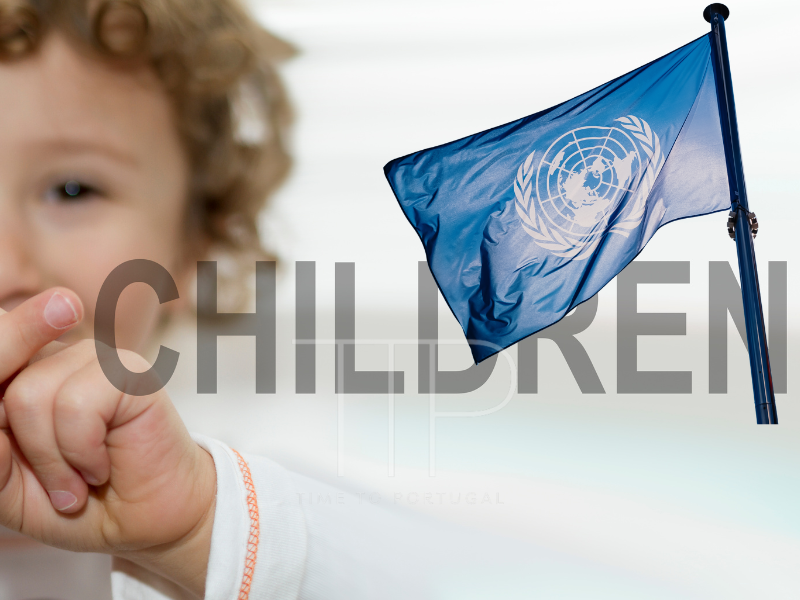95% of children sheltered under the protection system live in residential care.
Portugal is the country, out of 42 in Europe and Central Asia, with the highest number of institutionalized children, with 95% of children under the protection system living in residential care, reveals a Unicef report.
According to the report “Pathways to better protection: Taking stock of the situation of children in care in Europe and Central Asia”, released this Wednesday, almost half a million children (456,000) in these territories live in institutions.
According to the United Nations Children’s Fund (Unicef), “the rate […] is double the world average, reaching 232 per 100,000 children, compared to the global average of 105 per 100,000 children”.
“In Portugal, the report shows that 95% of children taken into care under the Promotion and Protection System are in residential care, which is the highest figure among the 42 countries analyzed,” says Unicef.
The Portuguese reality apparently follows the trend in Central Europe, where there is “the highest rate of children in residential care, with 294 per 100,000 children – almost three times the world average”.
“Despite the fact that institutions in Western Europe are, for the most part, small and integrated into communities, an excessive dependence on residential care to the detriment of family care persists,” Unicef points out (United Nations Children’s Fund).
For the UN body, the explanation lies partly in the “increase in unaccompanied and separated children and young people seeking asylum in Europe in recent years”.
The Unicef report also notes the “significant challenges” that children with disabilities continue to face, “with a greater likelihood of being placed in residential care compared to children without disabilities”.
“In countries where data is available, children with disabilities represent between 4% and up to 87% of children in care,” she reveals, adding that in more than half of the countries with available data, the proportion of children with disabilities in all types of formal residential care increased between 2015 and 2021.
In the case of Portugal – which is based on data from the CASA (Annual Characterization of the Fostering Situation of Children and Young People) 2022 report – 14% of institutionalized children have a physical or mental disability.
Unicef cites “studies on the impacts of family separation and institutionalization on children’s development and well-being” to point out that “children institutionalized in large-scale facilities often face emotional neglect and higher rates of abuse and exploitation, which exposes them to mental health problems, psychological distress and trauma.”
“Institutionalized children may struggle to develop positive relationships throughout childhood and adulthood, feeling isolated and lonely. Children in residential care – especially in the first years of life – may show cognitive, linguistic and other developmental delays, and are more likely to come into conflict with the law, perpetuating cycles of institutionalization,” warns Unicef.
Unicef Portugal is taking the opportunity to propose that the promotion and protection system as a whole be upgraded in Portugal, that there be investment and reinforcement in preventive measures and alternatives to foster care, and that a progressive and urgent de-institutionalization plan be implemented.

